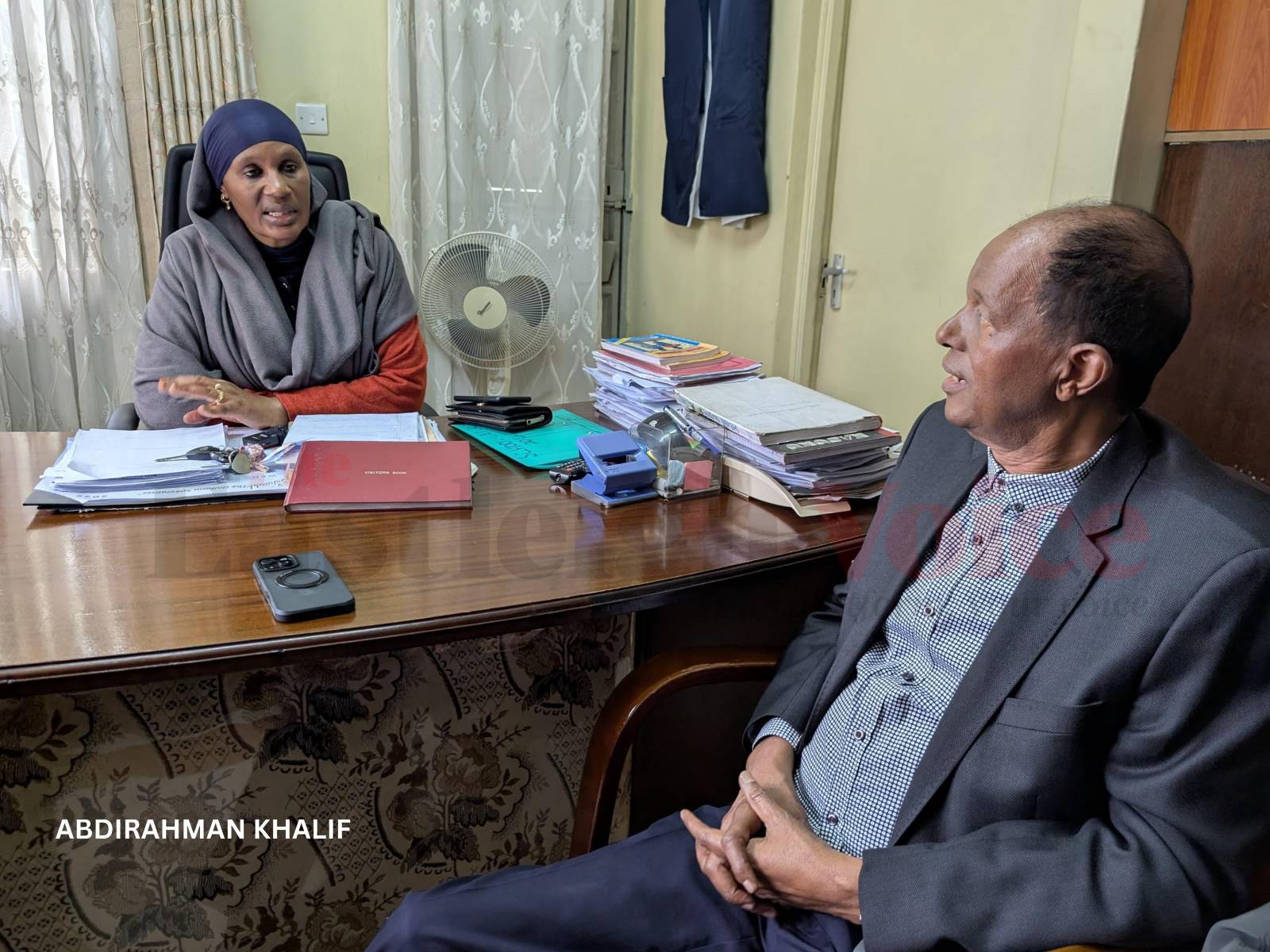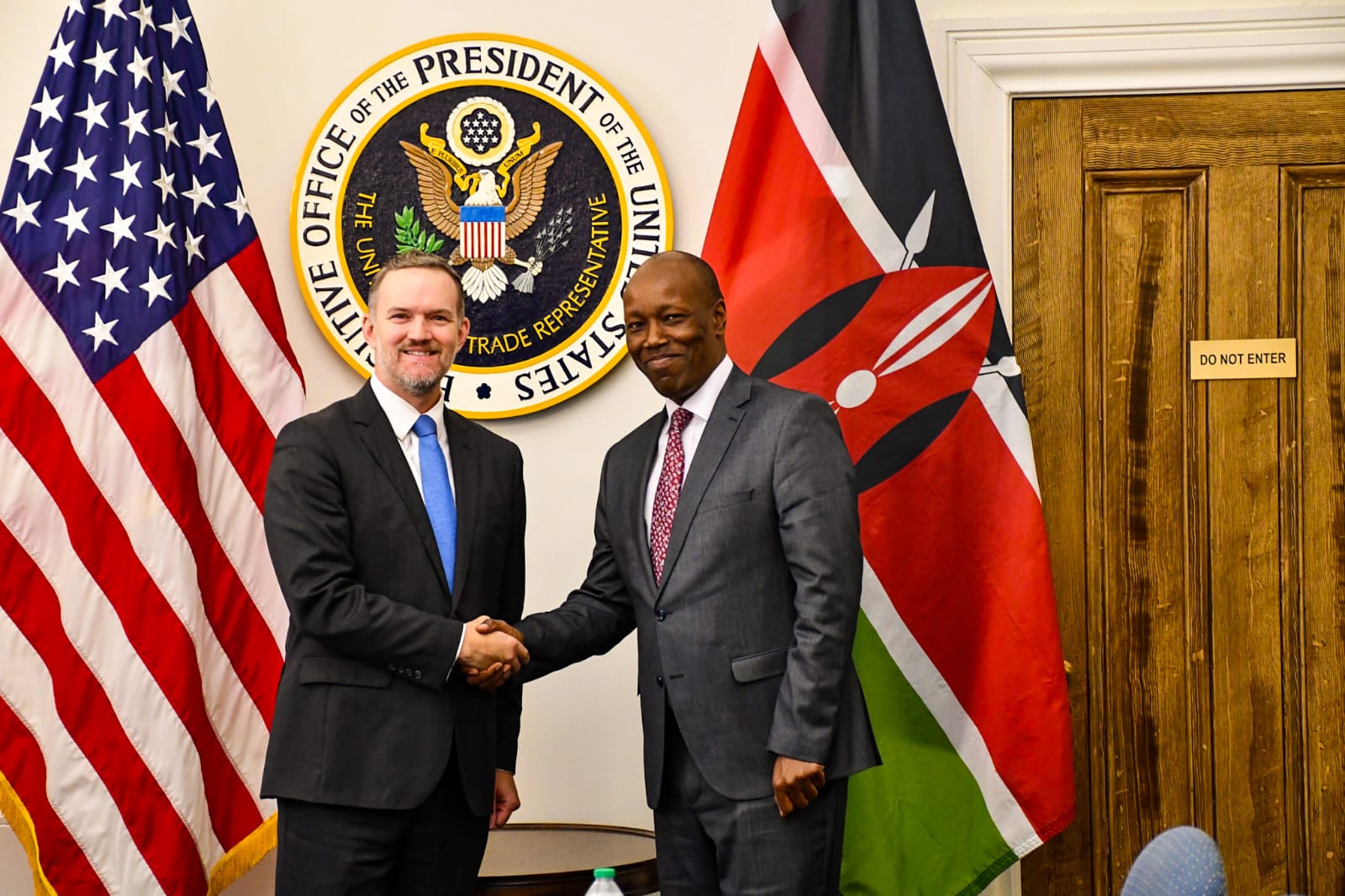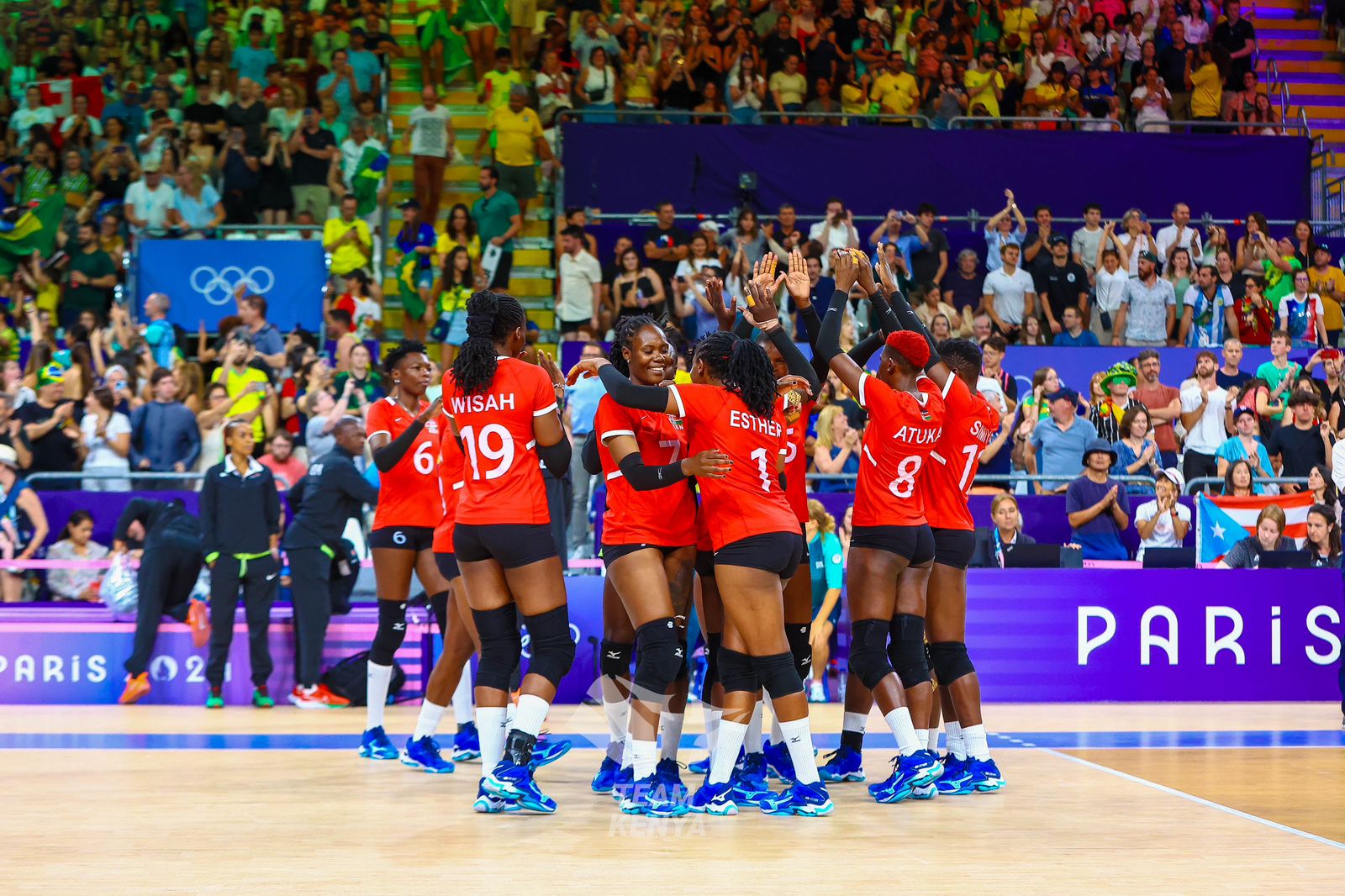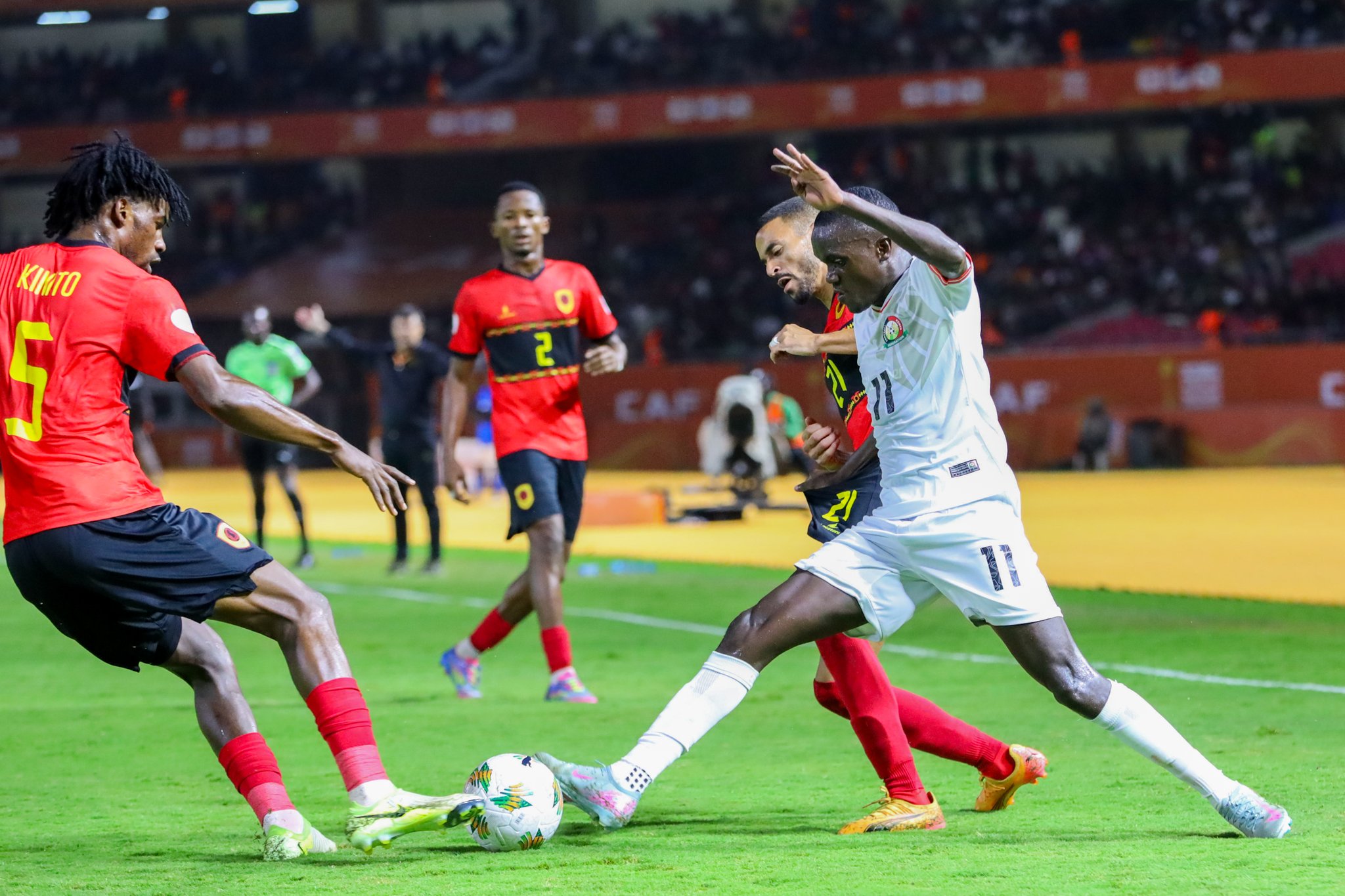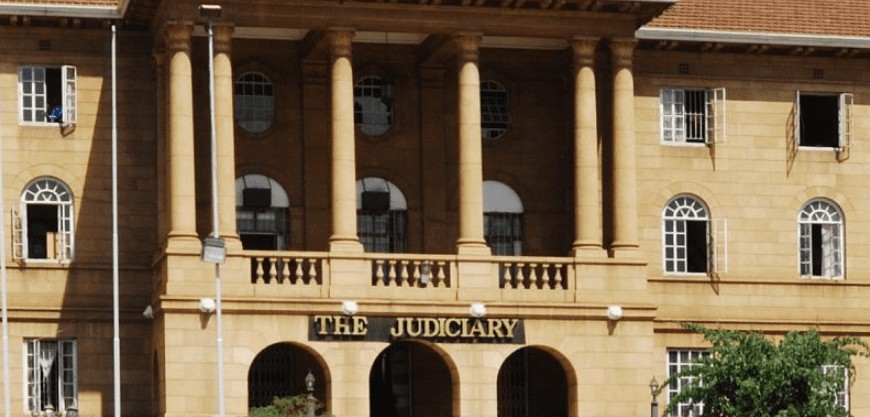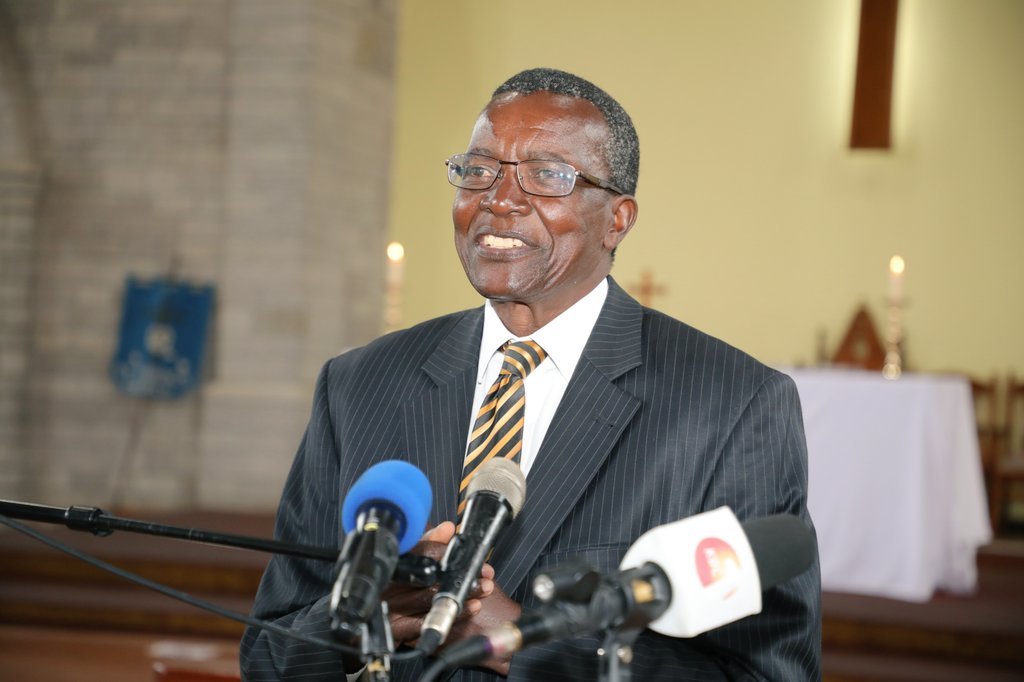Haitian Prime Minister Ariel Henry resigns
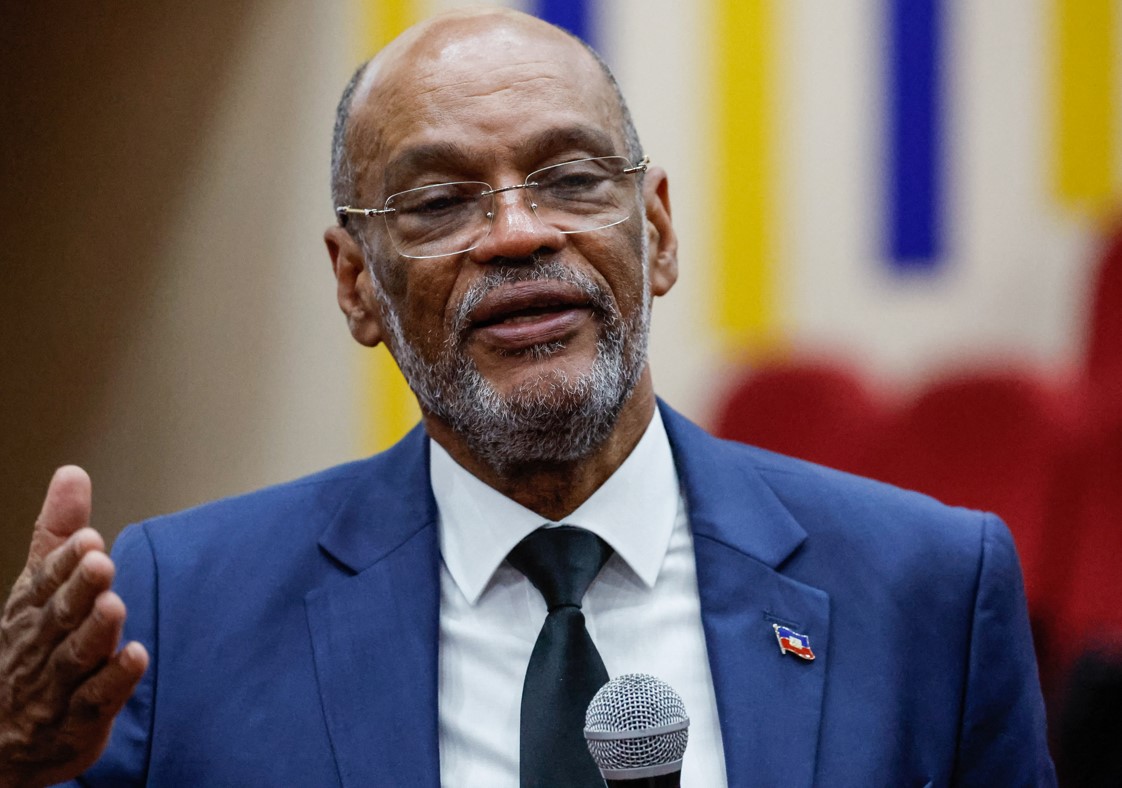
Henry's resignation comes after regional leaders met earlier on Monday in nearby Jamaica to discuss a framework for a political transition.
Haiti's troubled leader, Ariel Henry, has resigned as Prime Minister amid mounting chaos as gangs attack government structures and social order teeters on collapse, Caribbean regional leaders confirmed after a Monday meeting in Jamaica.
Officials of the regional bloc Caribbean Community (CARICOM) announced Monday night that Henry, who is still in exile in Puerto Rico, submitted his resignation.
More To Read
- US wants foreign force in Haiti doubled, scale back on Kenya’s role in taking on gangs
- Ruto, US Secretary Rubio discuss Haiti security mission, trade as Kenya pushes UN support
- Why ‘Tomorrow is too late’ to scale up humanitarian aid in Haiti
- ‘The Wild West’: Desperation is rampant in Haiti as gangs, vigilantes spread
- World has tools to end Haiti’s crisis, it’s time to use them -humanitarian coordinator
- From crisis to cultivation: Haiti’s farmers build resilience one seed at a time
“We acknowledge the resignation of Prime Minister Ariel Henry upon the establishment of a transitional presidential council and the naming of an interim prime minister,” Guyana leader and current CARICOM President Irfaan Ali said.
Henry leaves an unelected role he has held since the 2021 assassination of the country's last president.
Last week, the UN Security Council expressed its profound concern over the deteriorating situation in Haiti.
Armed gangs who control swaths of the country launched a coordinated effort to oust Henry last week, attacking the airport, prisons and police stations and threatening a full-scale civil war.
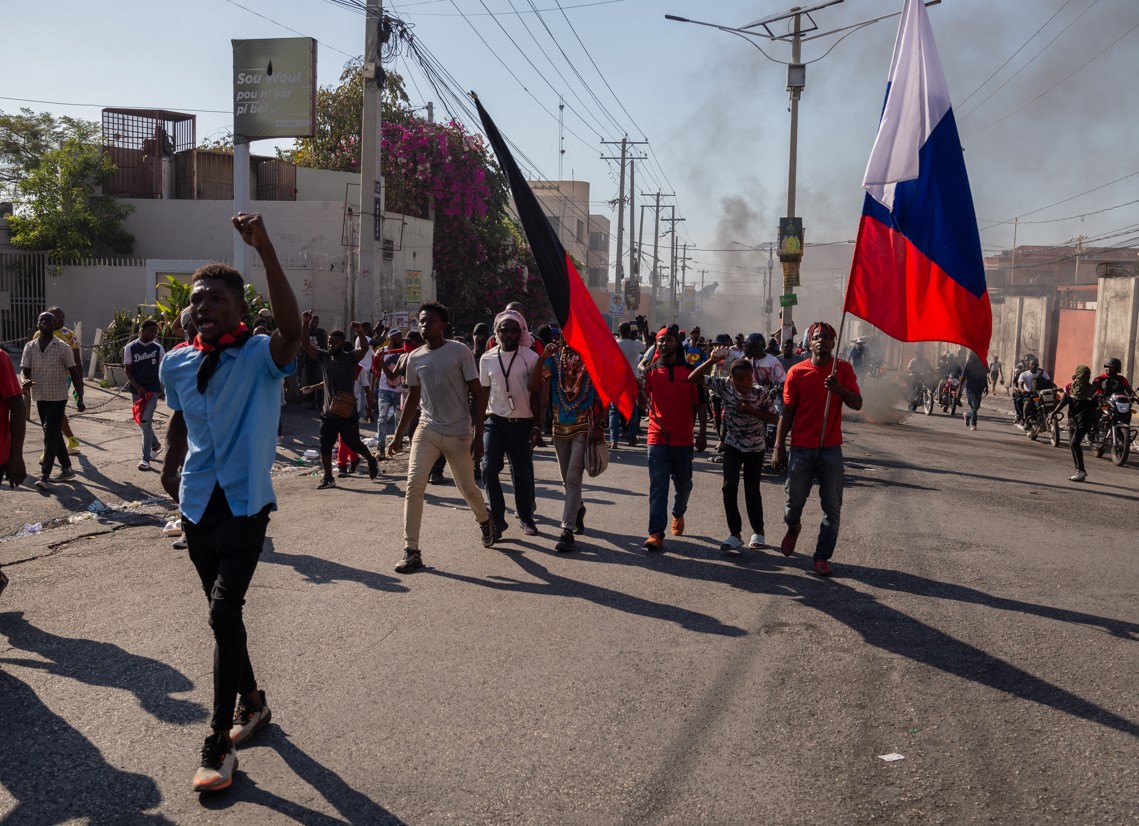 People, carrying Haitian flags, march during a demonstration demanding the resignation of Haitian Prime Minister Ariel Henry on March 7, 2024. (Photo: Guerinault Louis/ Anadolu via AFP)
People, carrying Haitian flags, march during a demonstration demanding the resignation of Haitian Prime Minister Ariel Henry on March 7, 2024. (Photo: Guerinault Louis/ Anadolu via AFP)
Following his visit to Kenya in early March and the signing of a bilateral accord aimed at potentially escalating the deployment of a multinational force to restore security in Haiti, his resignation comes amidst his inability to return to the country, which is teetering on the brink of social collapse.
It is far from clear who will step in after his resignation.
Kenyan police deployment
However, Kenyan Interior Cabinet Secretary Kithure Kindiki dispelled rumours that the planned police deployment to Haiti is uncertain and may not take place owing to the escalating violence in the Caribbean country.
Kindiki reported on Monday that the country had overcome the "small legal" hurdle that had delayed the deployment and was at the "pre-deployment" stage of the unique mission authorised by the United Nations Security Council (UNSC).
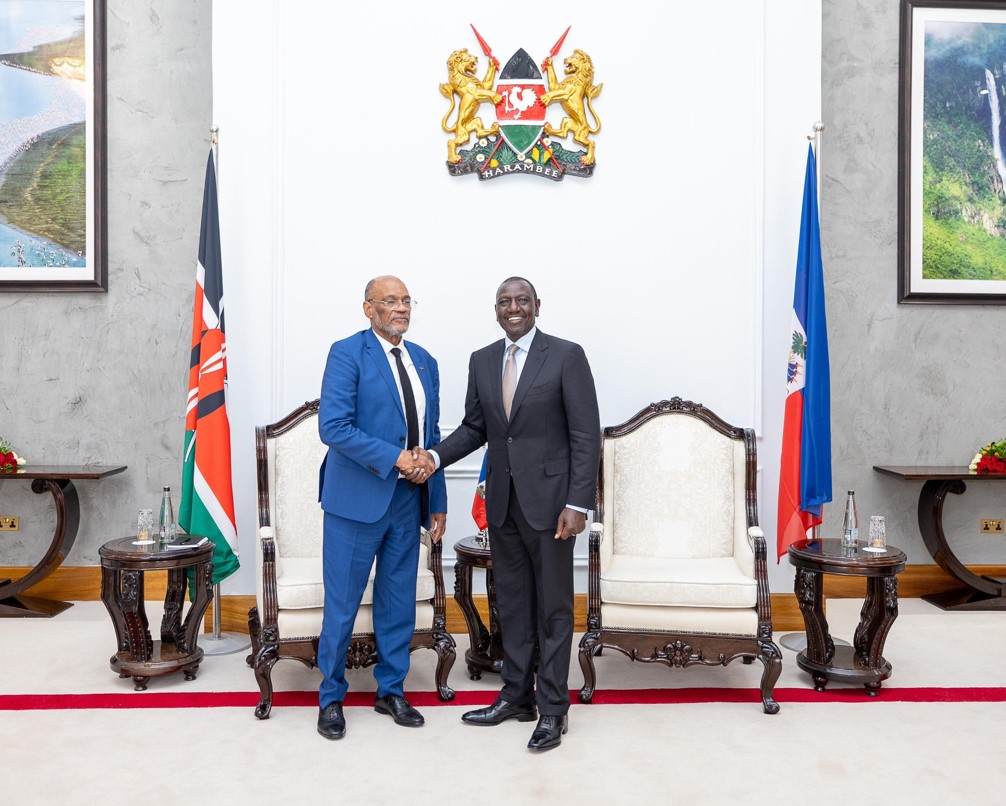 Haiti Prime Minister with President William Ruto at State House, Nairobi on February 29, 2024. (Photo: PCS)
Haiti Prime Minister with President William Ruto at State House, Nairobi on February 29, 2024. (Photo: PCS)
"There was a small court matter that has been resolved. The court said we needed to have a reciprocal agreement, which was signed about a week ago," he told journalists in Machakos County after meeting with the Security and Intelligence Committee.
"We are now in the pre-deployment stage. All the other programmes are now fully in place, including the Status of Forces Agreement, laws of detentions, arrests, Standard Operation Procedures and other enforcement measures."
But Kenyans are increasingly getting jittery about this peace offensive mission to Haiti that will see 1,000 police officers deployed to help combat gang violence.
While President William Ruto's government says the country is now ready to deploy the contingent to lead a multinational mission that will help restore law and order in the Caribbean nation, some fear the mission will fail as not enough police officers will be sent to fight the gangs that have wreaked havoc for weeks.
Top Stories Today
- MP Yusuf Hassan pledges to protect public land as intruders break into Maina Wanjigi school
- Why Sifuna, Wamuchomba’s Kenya Moja outfit could seek the presidency
- Kenya, US agree to initiate plans on new trade deal as AGOA winds down in September
- EACC submits 89 graft cases involving top officials to ODPP for prosecution
- CAF rolls out mobile phone translation system for journalists covering CHAN 2024
- Supreme Court rules Chief Registrar has no powers to discipline, fire judges or magistrates






